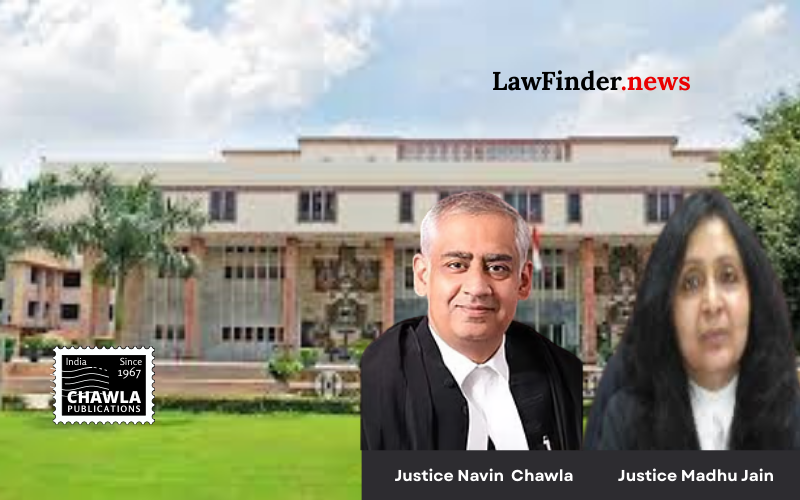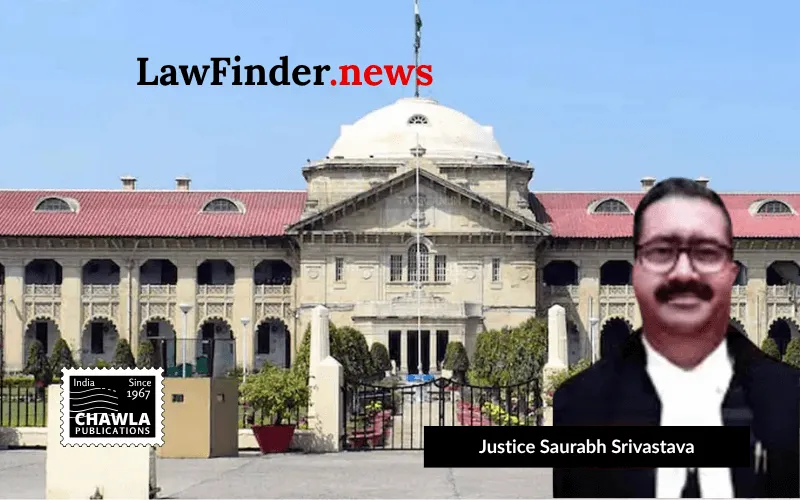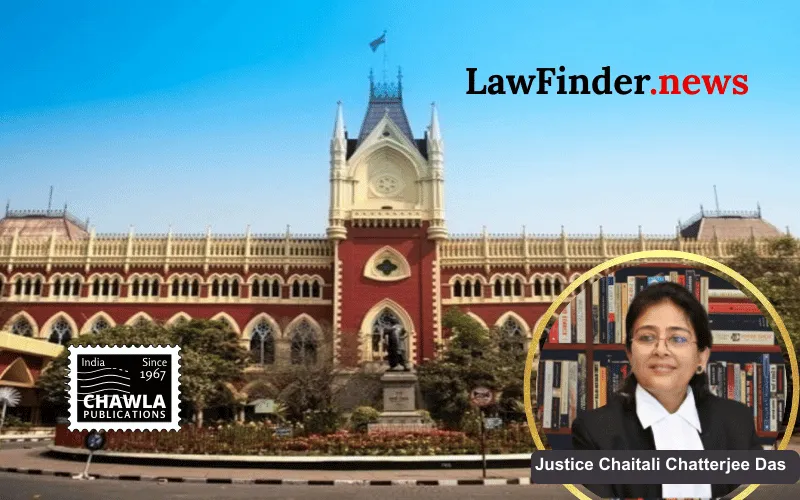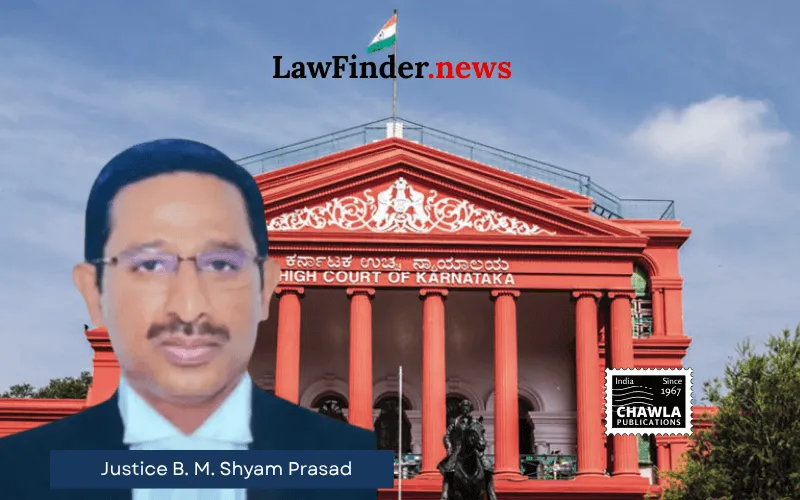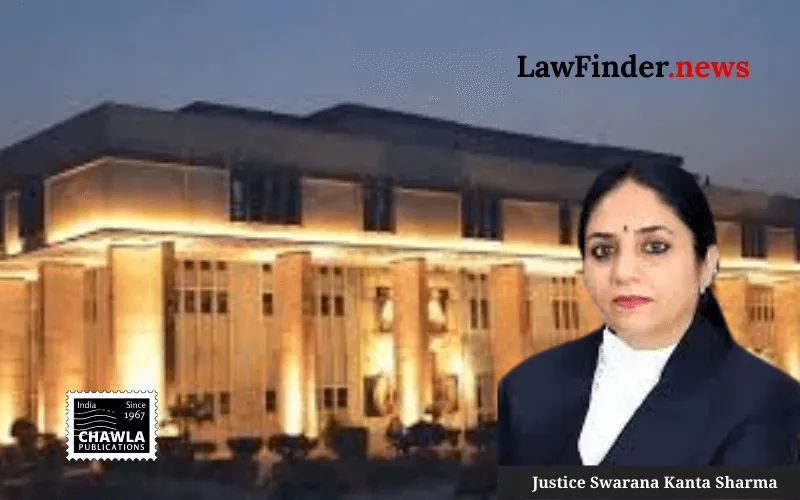Court affirms the right to health as integral to Article 21, mandating reimbursement beyond CGHS rates for treatment in non-empanelled hospitals during emergencies.
In a landmark judgment, the Delhi High Court has reinforced the entitlement of retired government employees to full reimbursement of medical expenses incurred during emergency treatment at non-empanelled hospitals. The judgment was delivered by a division bench comprising Justices Navin Chawla and Madhu Jain in the case of Union of India v. Kamal Kishore, concerning a retired government employee who sought reimbursement for medical expenses arising from an emergency COVID-19 treatment.
The case arose when Kamal Kishore, a retired Private Secretary from the Ministry of Tourism, was admitted to U.K. Nursing Home, a non-empanelled hospital, during the COVID-19 pandemic due to non-availability of beds in empanelled hospitals. Despite incurring substantial medical expenses totaling Rs. 7,20,911, the Union of India initially sanctioned only Rs. 4,04,300 based on CGHS rates, leaving a balance of Rs. 2,82,111 unreimbursed.
The court, citing the importance of the right to medical treatment under Article 21 of the Constitution, directed the petitioners to fully reimburse the remaining amount with interest applicable to the General Provident Fund (GPF). The judgment emphasized that the rigidity of rate fixation cannot override the necessity of reimbursement in emergency circumstances where treatment is not available in empanelled hospitals.
Referring to precedents, including Supreme Court judgments in Surjit Singh v. State of Punjab and Shiv Kant Jha v. Union of India, the court reiterated that medical reimbursement cannot be denied on technical grounds if emergency treatment is justified and documented. The Delhi High Court reinforced that it is the government's responsibility to regulate hospital charges, not the burden of the retired employee facing a medical emergency.
The court dismissed contentions regarding the non-empanelment of the hospital and potential overcharging, stating that the government may address such issues separately with the hospital but cannot withhold reimbursement from the employee. This judgment reaffirms the principle that during medical emergencies, administrative processes must prioritize human life and welfare over procedural constraints.
This decision serves as a significant precedent for government employees and retirees, ensuring they receive necessary financial support in times of medical crises, irrespective of hospital empanelment status.
Bottom Line:
Retired government employees entitled to full reimbursement of medical expenses incurred during emergency treatment at non-empanelled hospitals.
Statutory provision(s): Article 21, 226, and 227 of the Constitution of India; Central Government Health Scheme (CGHS) provisions on medical reimbursement.
Union of India v. Kamal Kishore, (Delhi)(DB) : Law Finder Doc Id # 2809487
